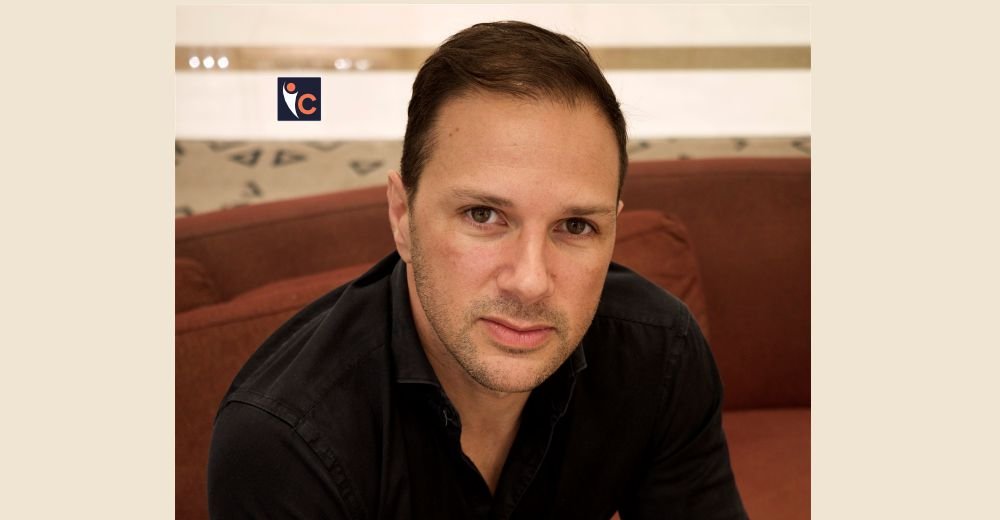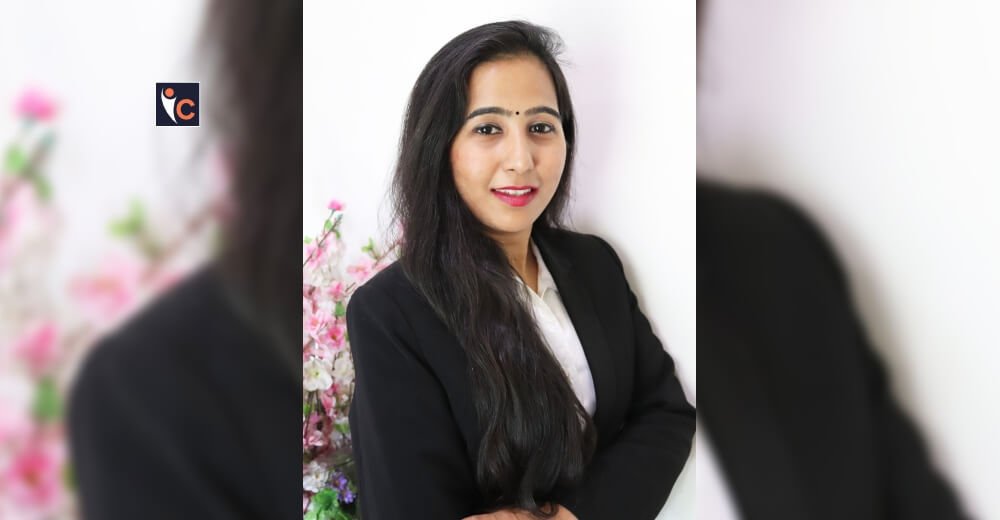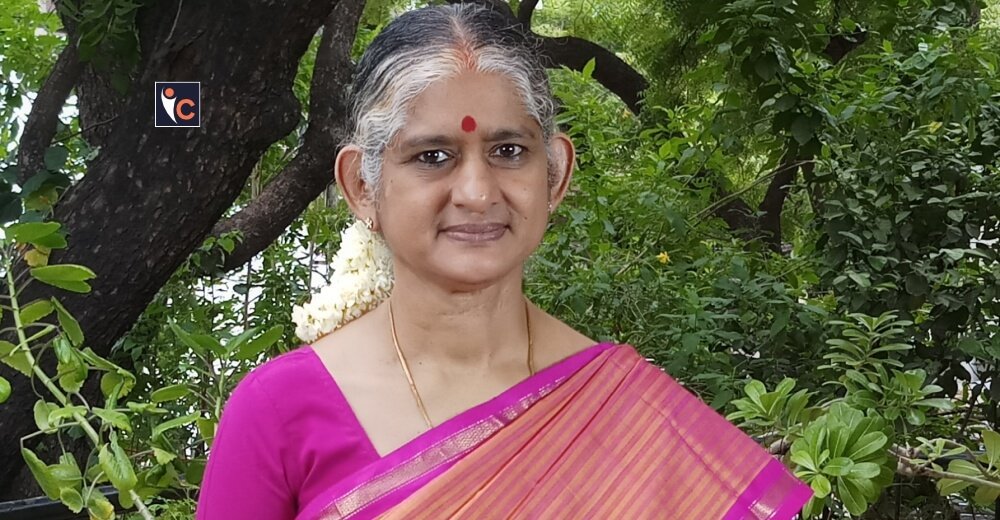Dr. Bechara Saab, a pioneer in healthcare innovation, founded Mobio Interactive with a mission to revolutionize mental health treatment. With a background in chemistry, medical genetics, and neuroscience, his journey from academia to entrepreneurship reflects a relentless pursuit of decoding the brain’s mysteries. His pioneering research into serotonin communication and brain plasticity challenged conventional beliefs and reshaped mental well-being approaches.
Mobio Interactive aims to translate neuroscience research into medical practice by introducing objective measures for measuring mental health. Recognizing the limitations of traditional methods reliant on biased questionnaires, Mobio advocates for the use of unbiased objective data to understand patients’ true feelings and responses to therapy. By leveraging modern technologies, including those developed in-house, Mobio strives to make objective mental health measurement accessible to all.
In line with its ultimate mission of “Effective and Accessible Healthcare for Every Human,” Mobio endeavors to ensure clinically meaningful therapies reach patients regardless of socioeconomic status or geographical location. Through personalized therapies driven by objective measures, Mobio aims to democratize effective healthcare and improve outcomes for individuals worldwide.
Let’s dive into the interview details to understand how Dr. Saab’s visionary leadership continues to inspire transformative changes, offering hope to individuals globally!
Can you provide an overview of Mobio Interactive’s products and services, and how they are revolutionizing the healthcare industry?
Mobio’s primary product is a versatile patient-facing mobile health platform that objectively measures mental wellbeing while delivering clinically validated psychotherapy at scale.
Objective measures are obtained through the mobile device camera, meaning no wearables or medical hardware are needed. Very briefly, we extract digital biomarkers from the patient’s face in real time, and securely send those data to the cloud where our proprietary deep neural network (“DNN”, a form of AI) processes them and returns an unbiased quantification of the patient’s psychological stress at that moment in time.
Due to the ability to quantify mental wellbeing without bias, the platform has an unmatched ability to determine what forms of psychotherapy are most clinically effective for each patient. These determinations are transformed into personalized content recommendations for each patient. A prospective real-world study with platform patients demonstrated that the personalized content recommendations, when based on objective data, lead to better health outcomes compared to the content patients choose on their own.
What sets Mobio Interactive apart from its competitors, and what are the key factors that have contributed to the company’s success?
The primary differentiating factor is Mobio’s dataset. We have created the largest and most diverse set of patient data inclusive of facial biomarkers and benchmarked rapid self- assessments from a growing community of people who regularly engage in contemplative practices. This last point
– rich experience in contemplative practice – means the self-assessments used for AI training are more accurate when compared to the general population, resulting in higher accuracy when it comes to objectively quantifying mental wellbeing. To date we have extracted facial biomarkers from roughly half a million selfie scans from close to 30,000 people from over 150 countries. The diversity of our dataset has also been crucial for AI training, and our objective measure works equally well on all skin tones.
As a pioneering leader in the healthcare technology industry, what are the biggest challenges you have faced, and how have you overcome them?
There is always risk in developing never-before-seen technologies. Early in our journey, and before I left my post at the Zurich Psychiatry Hospital, I was skeptical about the ability for us (or anyone) to develop an app that can have the same or better effects on patients when compared to in- person therapy. Fortunately, I was wrong. It was, in fact, this initial demonstration that our platform outperforms placebo that convinced me to leave academia and focus on the business. I was similarly skeptical about the ability for us (or anyone) to develop an accurate means to measure psychological stress objectively at scale. As a neuroscientist, I naturally understood it was theoretically possible, so long as we could create a sufficiently large, diverse, and high-quality dataset. We managed in the end and now own the IP to the most accurate methodology for measuring stress. Of course, we have an ambitious deep technology roadmap ahead of us and thus more technological/scientific challenges are on the horizon.
One might think that commercialization of technology would represent a problem, given that it is so new. However, multiple hospitals and telehealth providers across a variety of markets have come to Mobio to help solve some of their greatest pain points. They come to Mobio due to the clinical rigor of our therapy as well as the robustness and ease-of-use of our measurements.
Still, I anticipate that the greatest challenges are yet to come. Challenges around growing quickly without compromising culture and the quality of our solutions. Challenges around entering emerging markets, like India and Uganda, which will be a major focus for the company in 2025. Fortunately, I do not face these challenges alone.
How do you foster a culture of innovation within your organization, and what strategies do you employ to stay ahead of the curve in this rapidly evolving industry?
In the early days, my co-founder Mark Thoburn and I spent considerable time hashing out cultural guidelines for the organization. Though it’s only one page, our Corporate Culture document contains all the essential elements for how we work individually and together. One important element of our culture, for example, is that we each by default provide our teammates with the benefit of the doubt. As a direct result, we don’t have a “blame culture,” and are instead focused on solutions.
Another aspect of our culture is our commitment to maintaining a “superstar in every seat”. Working at Mobio is highly rewarding, and our early staff stand to benefit considerably financially as our market cap increases. At the same time, it is also highly challenging to work at Mobio, since we are consistently pushing the envelope for what is possible and opening up brand new market opportunities. Thus, we have forced ourselves into the pleasant situation that all members of the team are highly adept at what they do, can communicate well, are disciplined, coachable, and hell-bent on achieving the ultimate mission of Mobio – effective and accessible healthcare for every human.
With respect to staying ahead of the curve, the approach we take is to be pragmatic. What we have achieved is hard, make no mistake, and what we intend to achieve will be even harder. Meaningful progress, therefore, can only be done efficiently by applying strict scientific methodologies, skills hammered into me during my 15 years as a student, and then mentor, of experimental neuroscience research.
Can you share some examples of how Mobio Interactive’s solutions have positively impacted healthcare providers, patients, and the overall healthcare ecosystem?
The first pain point that hospitals came to Mobio to help solve is the growing wait that patients endure even before they can see a mental health expert. Waitlists in most advanced economies are on the order of months and are typically even longer for children and adolescents (up to a year). Typically, the psychiatric profile of a patient will worsen over the waitlist period, meaning these patients are even harder to treat once they do finally see a specialist.
Our clinical data from working with these patient populations demonstrates that when using our platform, the psychiatric profile of patients actually improves over the waitlist period – flipping the situation on its head. We are now even exploring if it’s possible to take people off the waitlist when their mental health has improved sufficiently, since this will free up spots for other patients and reduce the mean waitlist time for everyone.
At Mobio, we feel that the mental health of a patient – if it can be ascertained objectively – is as important as other baseline metrics of health such as BMI and blood work. For this reason, we are very open to integrating our technology into other platforms, systems, and equipment.
What advice would you give to aspiring entrepreneurs and leaders in the healthcare technology sector?
Healthcare is one of the most complex industries out there in terms of the number of critical stakeholders in play.
Thus, it’s vital for healthcare entrepreneurs to understand which stakeholders will be their gatekeepers to scale. For example, at Mobio the gatekeeper to a patient using our technology is the clinician. Therefore, we designed the solution, even though it is patient-facing, to actually make the job of the clinician easier.
The second piece of advice I will give is that not only is healthcare complex, but it is also high risk. I’m not talking business risk. I’m talking health risk. I’m talking people’s lives. This is not an industry where the “fake it ’til you make it” mentality is ethical or viable. You do not get many chances in healthcare. This doesn’t mean you cannot be bold. You simply need to be absolutely certain that whatever your product or solution is, it ultimately leads to better health outcomes.
The best way to do this is to complete multiple rigorous clinical studies before you attempt to scale. Some of these studies will fail, and that’s great, because it will teach you something special every time and give you the insight to make the business succeed.
Dr. Bechara Saab’s Path from Research to Revolutionizing Healthcare
I co-founded Mobio Interactive when I was a Principal Investigator at the Zurich Psychiatry Hospital. I classically trained as a chemist, with a Combined Honours Degree at the University of British Columbia and a Master in Medicinal Chemistry from the University of Glasgow. Then I completed my Doctorate in Molecular Genetics at the University of Toronto, when my work was primarily undertaken at Mount Sinai Hospital under the mentorship of Prof. John Roder.
During my PhD, I made important discoveries about the molecular underpinnings of curiosity. Some of these discoveries were picked up by media outlets around the globe, and my research findings were reported on in many thousands of newspapers across dozens of languages (e.g., https://medicalxpress.com/news/2009-09-first-ever- link-intelligence-curiosity.html#google_vignette).
After my PhD and a post-doc at the Swiss Federal Institute of Technology (ETHZ), I opened my laboratory at the Zurich Psychiatry Hospital. One of my lab’s most important discoveries is that the control of serotonin communication in the brain is mostly determined by factors like the availability of specific proteins, rather than the anatomical structure of the brain itself. This finding, published in Nature Communications indicates that brain plasticity can occur at much faster timescales than previously thought. Founding Mobio Interactive was a strategy to translate these lines of research into medical practice.
Read More: Click Here





